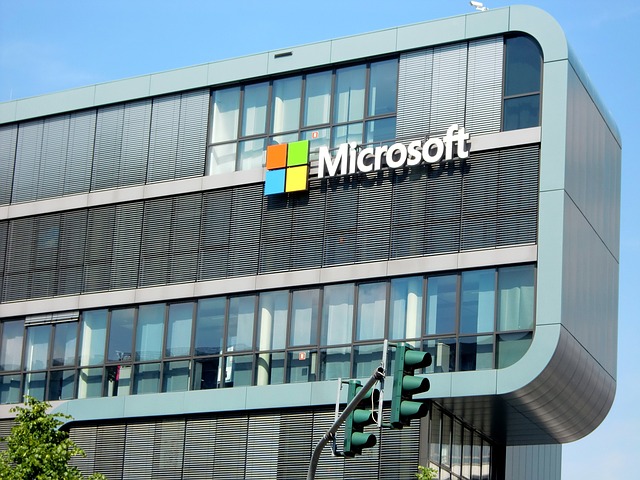In a groundbreaking move that has sent shockwaves through the gaming industry, Microsoft has emerged triumphant in its bid to acquire Activision, one of the world’s largest video game companies. The tech giant’s ambitious $69 billion deal faced intense scrutiny and opposition, including an attempt by a group of gamers to block the acquisition. However, their bid has been officially denied, paving the way for Microsoft’s monumental takeover. This victory solidifies Microsoft’s position as a dominant force in the gaming world, raising questions about the future landscape of the industry.
Background: Microsoft’s aspirations to expand its presence in the gaming industry are well-known, having acquired several influential companies in recent years. With Activision under its wing, Microsoft gains access to a vast library of popular game franchises, including “Call of Duty,” “World of Warcraft,” and “Candy Crush Saga.” This strategic move strengthens Microsoft’s portfolio, enabling it to compete more effectively with industry rivals like Sony and Nintendo.
The Gamers’ Bid: As news of Microsoft’s intentions to acquire Activision spread, concerns emerged among gamers and industry enthusiasts. Fearing that the acquisition would stifle competition and limit game choices, a group of passionate gamers launched a bid to block the deal. Their argument centered around the potential consolidation of power, expressing worries about decreased innovation and increased monopolistic practices.
The Opposition: The gamers’ bid faced an uphill battle from the start, as Microsoft’s acquisition of Activision required regulatory approval from various governing bodies. The gaming community rallied behind the cause, expressing their concerns on social media platforms and organizing grassroots campaigns. However, critics argued that their efforts were unlikely to succeed, given the complexities involved in blocking a high-profile acquisition of this magnitude.
The Denial: In a significant blow to the gamers’ bid, regulatory authorities ultimately denied their request to block the Microsoft-Activision deal. The decision was based on a thorough examination of the potential impact on market competition, consumer welfare, and overall industry dynamics. While acknowledging the concerns raised by the gamers, regulators determined that the acquisition would not result in undue harm or anti-competitive practices.
Implications for the Gaming Industry: With the denial of the gamers’ bid, Microsoft’s acquisition of Activision becomes an undeniable reality. This deal holds tremendous implications for the gaming industry as a whole. Microsoft’s expanded influence over game development, distribution, and monetization raises questions about the future of gaming platforms and exclusivity agreements. Moreover, the acquisition will likely influence the competitive landscape, with rivals such as Sony and Nintendo needing to adjust their strategies accordingly.
The Future of Gaming: Microsoft’s triumph in acquiring Activision represents a pivotal moment in the gaming industry. The move aligns with the tech giant’s long-term vision to strengthen its gaming division and expand its market share. As Microsoft takes the helm of one of the gaming industry’s behemoths, gamers around the world eagerly await the impact this acquisition will have on their favorite franchises, gaming experiences, and the overall trajectory of the industry.
Conclusion: Microsoft’s successful bid to acquire Activision, despite opposition from a group of gamers, solidifies its position as a dominant force in the gaming industry. The denial of the gamers’ bid highlights the complex nature of blocking high-profile acquisitions, especially when regulatory bodies determine that the deal will not lead to anti-competitive practices. As Microsoft prepares to integrate Activision into its portfolio, the gaming industry braces for significant changes that will undoubtedly shape the future of gaming as we know it.












